Kenya, US Near Historic Trade Agreement as Negotiations Advance
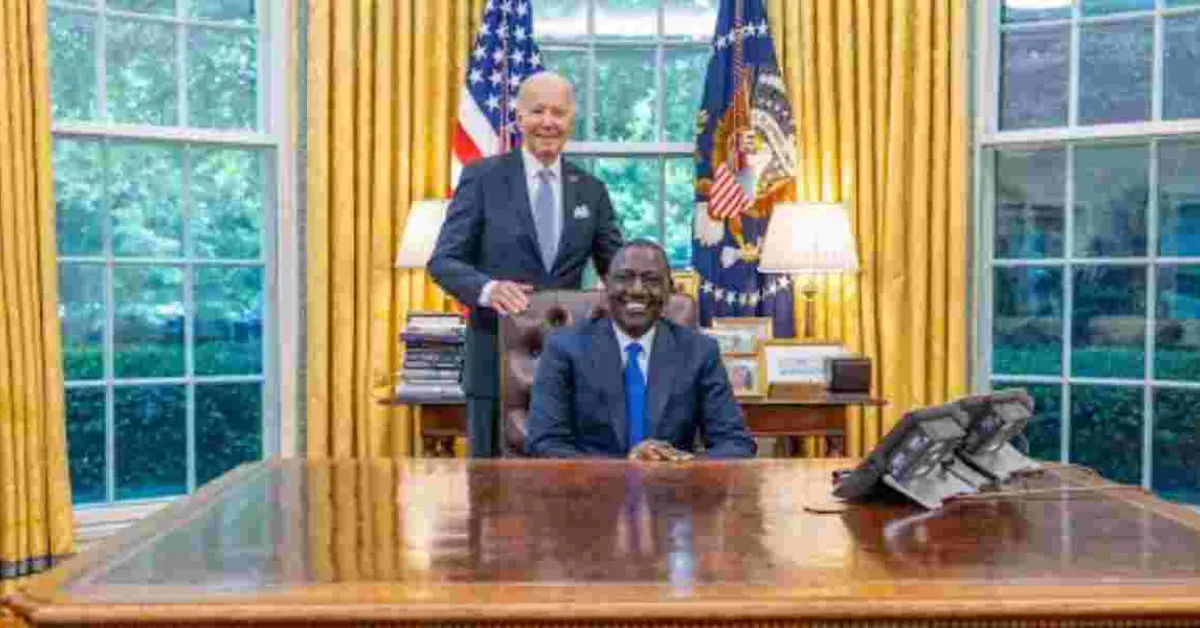
The United States and Kenya are intensifying efforts to conclude a long-delayed free trade agreement as the eighth round of negotiations under the Strategic Trade and Investment Partnership (STIP) approaches.
This push comes as Kenyan President William Ruto prepares for his visit to the United Nations General Assembly in the United States later this month. The urgency is driven by multiple factors, including the Biden administration's desire to solidify its legacy and Kenya's need to secure a deal before the African Growth and Opportunity Act (AGOA) expires in 2025. The upcoming talks, scheduled for September 16-27, 2024, in Washington, will be led by Principal Secretary for Trade Alfred K'Ombudo on the Kenyan side and Assistant US Trade Representative Constance Hamilton for the United States. The negotiations will cover seven key areas, including agriculture, trade facilitation, and workers' rights.
This round follows a meeting between US Trade Representative Katherine Tai and President Ruto in Nairobi on July 19, 2023. Both nations face mounting pressure to finalize the agreement amidst growing geopolitical concerns. The impending expiration of AGOA, which has been crucial for Kenya's export strategy, adds urgency to the talks. AGOA has allowed Kenya and other Sub-Saharan African nations to export products to the US without facing tariffs or quotas, contributing over 50 billion Kenyan shillings in annual exports to the US. However, the path to an agreement has been fraught with challenges with the Biden administration's initial shift away from traditional free trade deals towards non-tariff measures creating delays and uncertainty.
This approach has frustrated some stakeholders, including President of the US Chamber of Commerce Suzanne Clark who has vocally advocated for swift action to secure the deal and strengthen the US strategic position in East Africa. The trade negotiations are set against the backdrop of China's expanding economic influence in Africa. Washington's eagerness to conclude the deal is partly motivated by a desire to counterbalance Beijing's growing footprint in the region, particularly in infrastructure and technology investments. A successful US-Kenya trade agreement would signal a reinforced partnership and serve as a strategic counterpoint to China's economic activities in Africa.
Recent developments indicate a renewed sense of optimism from the Biden administration about finalizing the trade deal before the end of the current term. This urgency is partly influenced by the upcoming US presidential elections, where Vice President Kamala Harris is expected to be the Democratic candidate. The initial target for concluding the deal was December of the previous year, but negotiations have extended into the current year. The potential economic impact of the trade agreement is significant for both nations as its expected to stimulate manufacturing and create employment opportunities on both sides.
Kenya's economy, which has maintained an average annual GDP growth rate exceeding 5%, stands to benefit considerably from increased trade and investment. The United States views Kenya as a crucial partner in the region, not only for trade but also for security and foreign assistance purposes. Currently, the US ranks as Kenya's third-largest export market, accounting for 6% of the country's exports. In contrast, China, Kenya's largest overall trading partner, represented 18% of Kenya's imports and 3% of its exports in 2023.

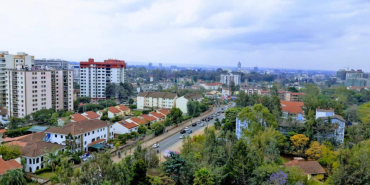

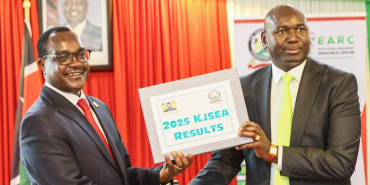

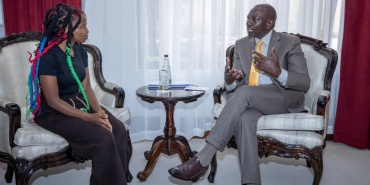

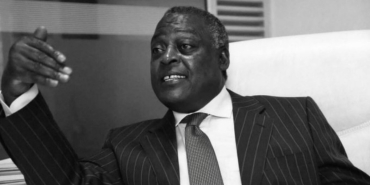

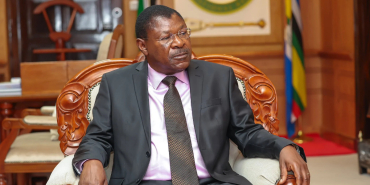




Comments
Ruto is a thief. The US is…
Permalink
Ruto is a thief.
The US is desperate & pathetic.
China is just pathetic.
Add new comment